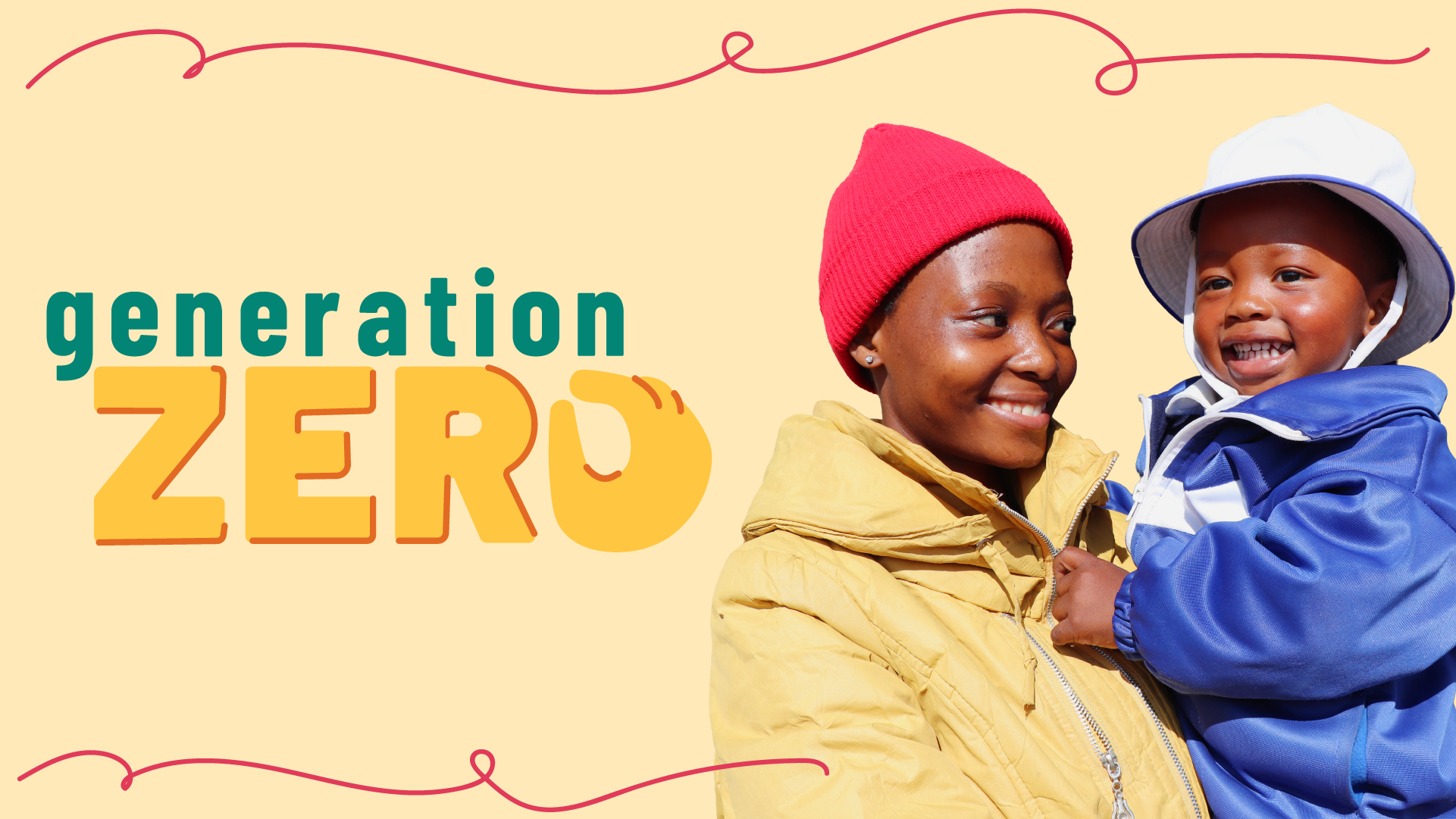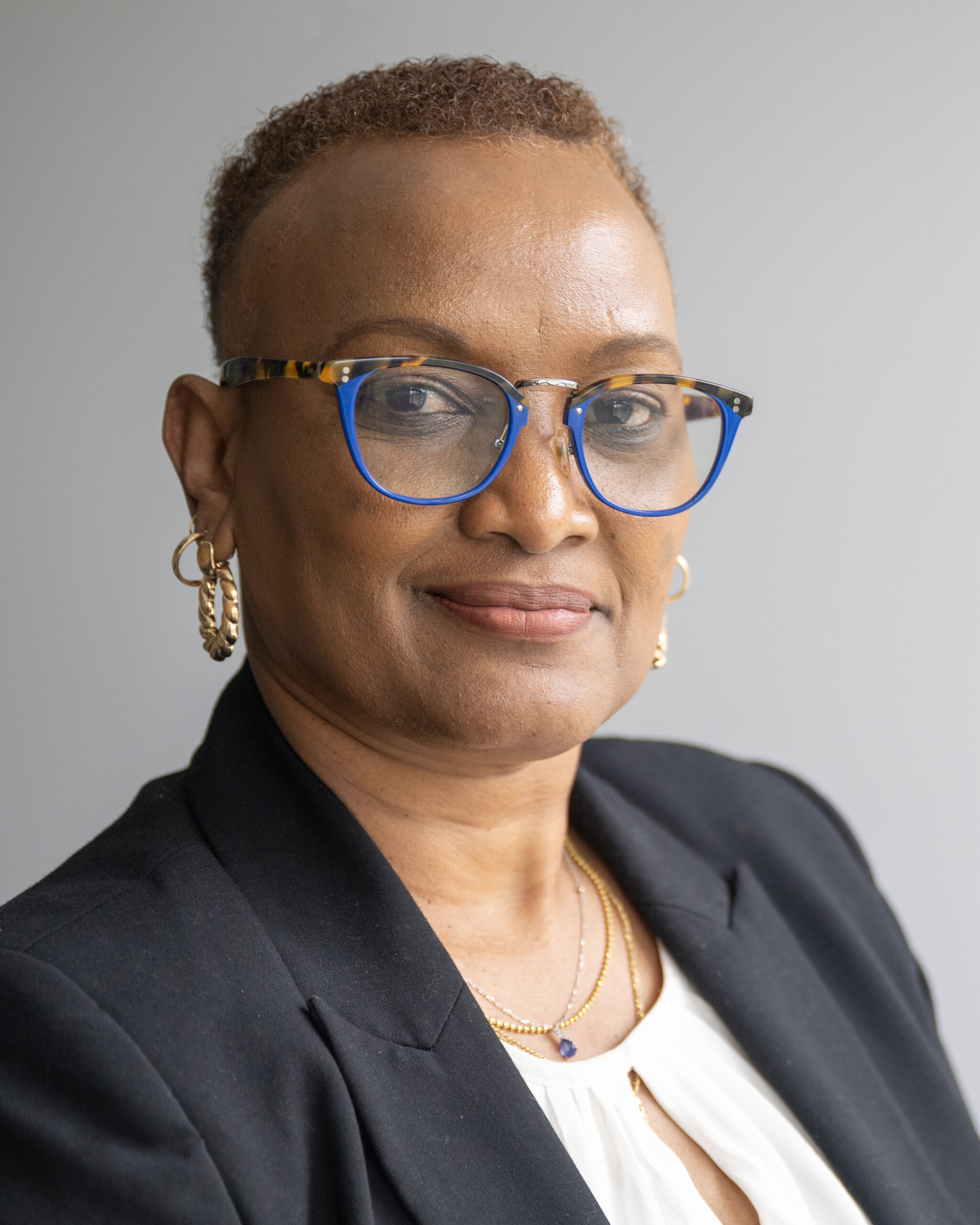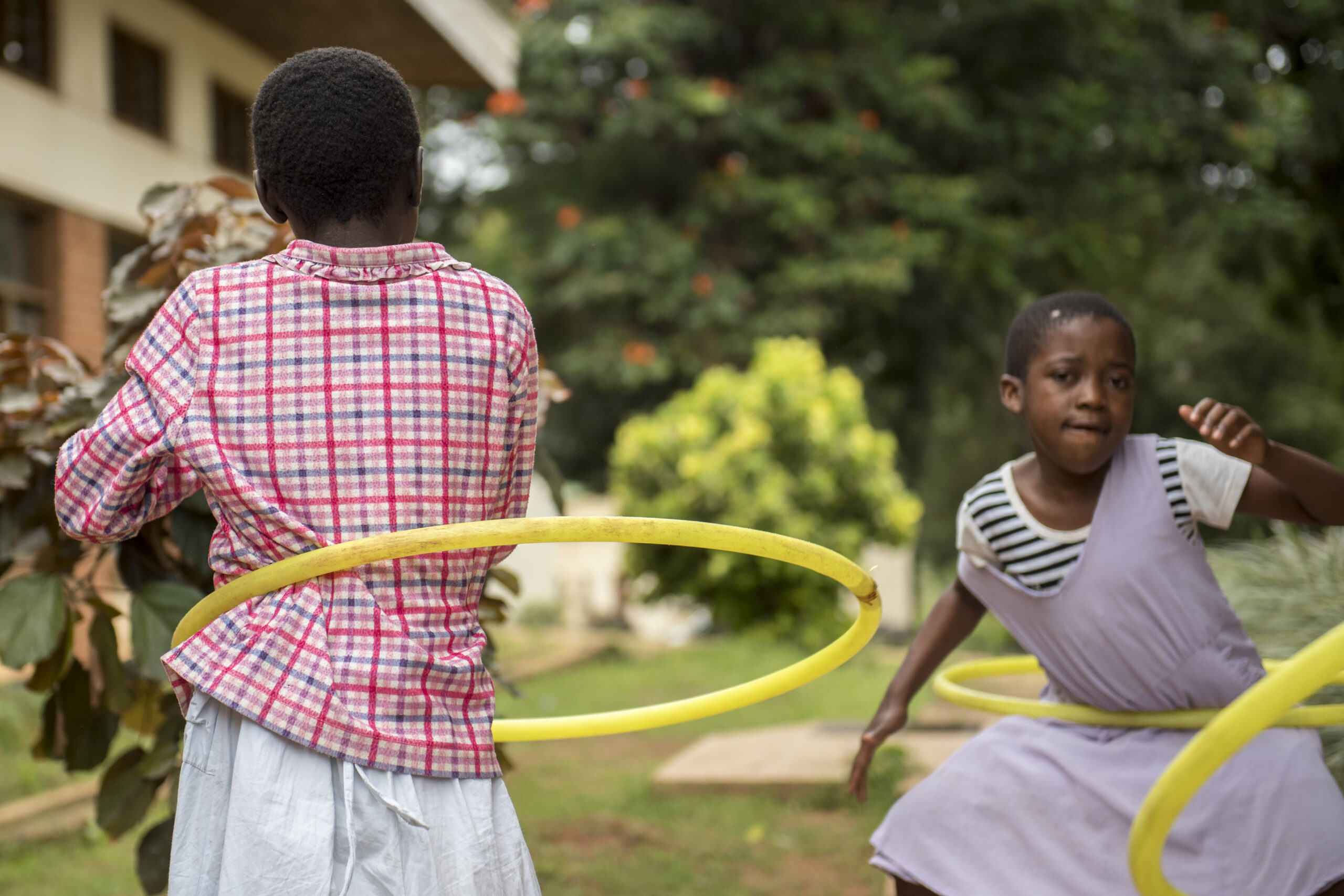At the Elizabeth Glaser Pediatric AIDS Foundation (EGPAF), we know that in order to end AIDS in children, we have to engage and empower communities to advocate for improved health care and access to lifesaving HIV services. That’s why we are working on an initiative called Advancing Community-Level Action for Improving MCH/PMTCT (ACCLAIM) in Swaziland, Uganda, and Zimbabwe.
The ACCLAIM project tests innovative ways to overcome barriers that have typically kept women, children, and families from accessing lifesaving HIV services. EGPAF is working with communities in these countries to ensure that more women utilize maternal and child health (MCH) services that allow their children to be born healthy and HIV-free.
“HIV/AIDS literature highlights many of the barriers and obstacles that women living with HIV experience in accessing health care, including stigma, low health literacy, fear of disclosure, and gender inequality,” said Mary Pat Kieffer, senior director of technical leadership development at EGPAF. “From our experience in communities, we have learned that what motivates people is the desire for healthy families. ACCLAIM encourages this motivation and supports health-seeking behaviors and open discussions between partners about achieving the goal of having a healthy child together.”
The ACCLAIM project is made possible through a generous four-year grant from the Bill & Melinda Gates Foundation, administered through the Canadian Department of Foreign Affairs, Trade, and Development.
ACCLAIM connects with communities and their leaders by organizing community days, and creating peer support groups for women and men. ACCLAIM emphasizes that in order for mothers and children to have the best health it must be everybody’s priority — from fathers, in-laws, and neighbors to the community leaders and healthcare workers.
Everyone from elected officials, chiefs, female leaders, business owners, religious leaders, and health care providers participate in the project. As the backbone of their communities, advice from community leaders is highly regarded. Through ACCLAIM, these leaders support community members to take more ownership and control of their health, and talk about the importance of knowing their HIV status and accessing MCH and prevention of mother-to-child transmission of HIV (PMTCT) services. They engage communities in discussion to pass along accurate information about pregnancy, childbirth and HIV, as well as in overcoming social and gender barriers.
At community days, community members receive MCH, PMTCT, and HIV services, and participate in dialogue that heightens their awareness of these and gender-related issues. Men especially learn how vital their involvement in the health of their families is, and have the opportunity to talk through ways in which they can support and join their partners in accessing HIV and health services.
Peer-led classes are offered to women and men to help strengthen health-seeking behavior. Pregnant women discuss how to have a healthy pregnancy, how to plan for safe delivery and how to engage their partner in discussing crucial issues such as HIV testing. Men’s groups highlight the role for male partners in ensuring the health of their families and increase their understanding of pregnancy and birth so that they can fully support their partner and participate fully.
“By fully engaging communities – including men, ACCLAIM will increase community ownership of health and lead community members to regularly utilize health services,” said Kieffer.
Another major part of ACCLAIM is evaluation of the effectiveness of these interventions in changing attitudes about HIV and increasing the number of people who access HIV services at clinics. This study will provide evidence of how to best strengthen MCH and PMTCT programs to ensure that more people are aware of and can access HIV services in all EGPAF country programs.
“Evaluation will show whether or not these community interventions have an impact on increasing uptake of MCH and PMTCT services,” said Godfrey Woelk, EGPAF’s director of global implementation research. “The findings from this project will generate evidence on how a package of community-level interventions address the social and behavioral barriers to demand, access, and retention.”
ACCLAIM will soon generate evidence of how building the capacity of communities around health can positively impact the livelihood of communities across the globe.
Stay tuned for more updates on The ACCLAIM Project.




